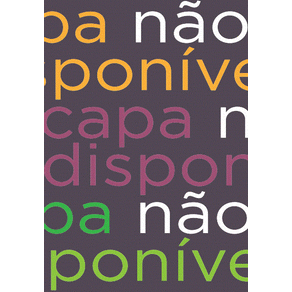Description: In biomedical research, because of a dramatic increase in productivity, immunocytochemistry has emerged as a major technique. The proposed book will provide the first practical guide to planning, performing, and evaluating immunocytochemical experiments. In today’s graduate education the emphasis is on doing research and not on formal class work. Graduate students therefore lack the background in many essential techniques necessary to perform research in fields in which they were not trained. As director of a university core microscopy facility which sees students and faculty from dozens of laboratories each year, Dr. Burry has surmised the vast majority of these novice microscope users need considerable help. In an attempt to educate users, Dr. Burry has initiated immunocytochemistry seminars and workshops which serve to train people in this powerful research tool. The proposed book is an outgrowth of these presentations and conversations with, by now, hundreds of people who have asked for help. The philosophy which separates this book from other books in this field is that it is practical, rather than academic. In looking at other important immunocytochemistry titles, the predominant orientation is academic, with the author attempting to comprehensively discuss the topic. For example, one book with sample preparation lists ten fixatives which can be used; however, only two such fixatives are commonly used today. In this particular title, the detailed discussion of old methods might be seen as important in establishing the author as an expert. By contrast, the approach for Burry’s book would be to discuss methods based on what works in animal

